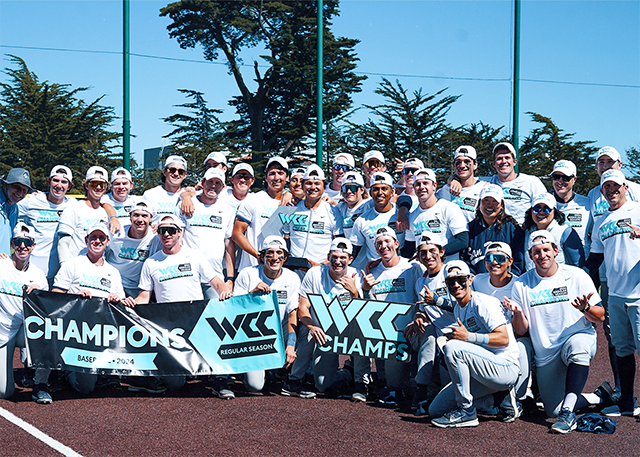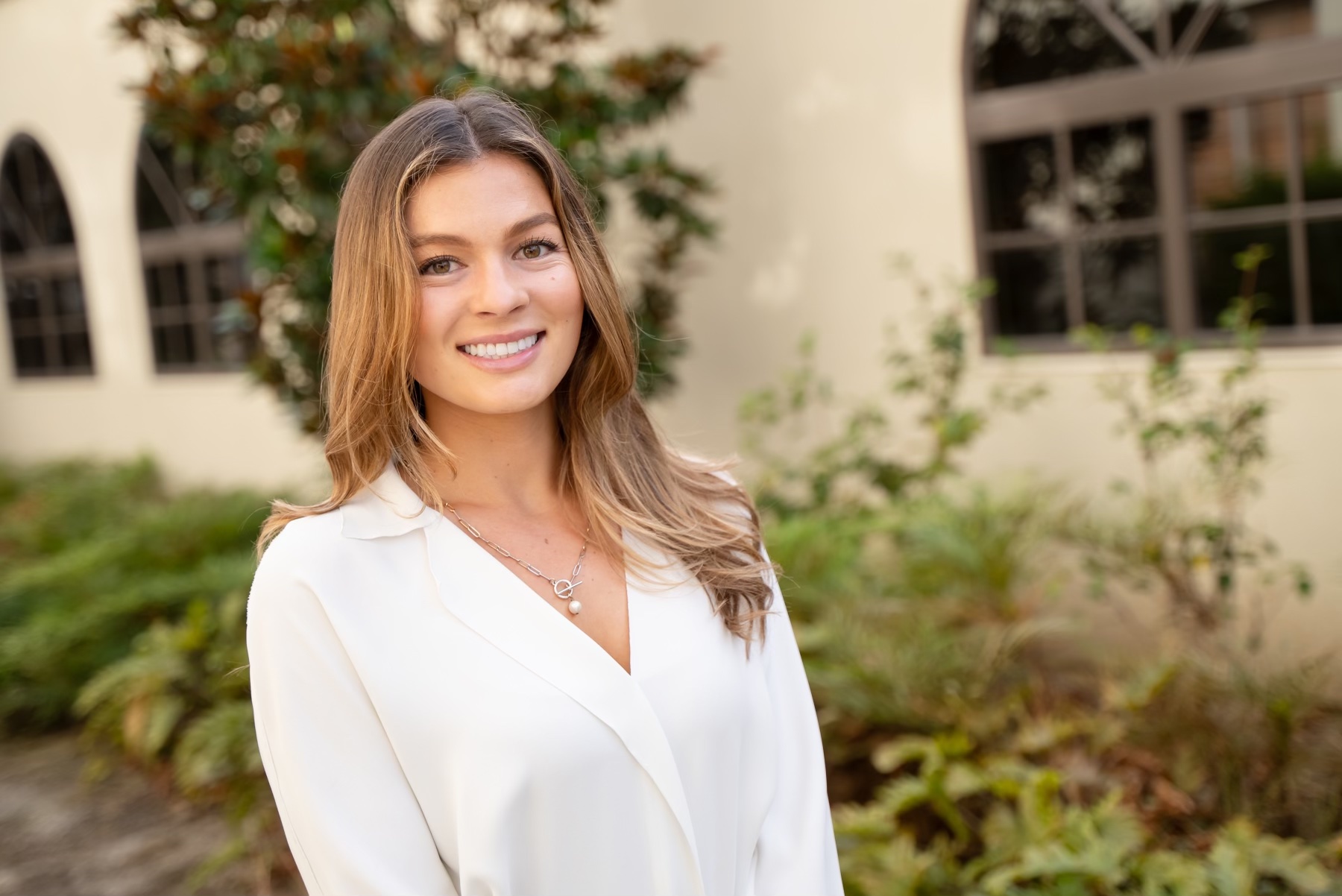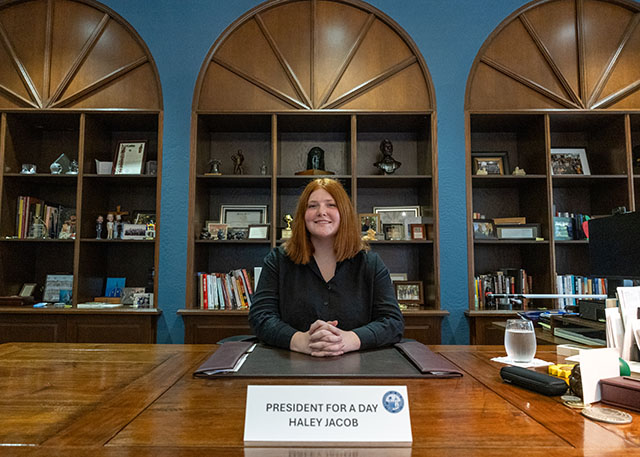To Pay It Forward
MacDonald Scholarships Aim to Bridge the Gap

Scott MacDonald lost his father when he was young and grew up on a tight budget. When he applied for college, he knew he’d have to pay his own way. He says even though it was tough it wasn’t impossible.
Per semester, tuition at Indiana University was about $360 a semester, room and board another $500. He had part-time jobs during the school year and spent his summers working on the assembly line in a fiberglass factory in Chicago. For the most part, he could cover the cost of his education on his own and graduated with minimal student loan debt.
Today, however, MacDonald says it’s not realistic to think a student could cover the cost of college on a part-time job. Today, students who are in what had been his situation, need scholarships and other forms of financial assistance.
“You can’t work your way through school,” MacDonald says. “The numbers don’t work anymore.”
MacDonald, who spent four decades in the real estate industry and went on to become the CEO, president or chairman of four different companies, including Investa Property Group, one of Australia’s largest and most recognized commercial real estate companies, with $9 billion in assets at its peak. He later told the story of his time in Australia in his award-winning book, “Saving Investa: How an Ex-Factory Worker Helped Save One of Australia’s Iconic Companies.”
In 2013, MacDonald stepped down from his post as CEO of Investa and moved back to the United States to focus on a way to make a college education possible for students. He established the MacDonald Scholars Fund, first at Davidson College, where his sons went to school, and later at his own alma maters, Indiana University, Bloomington, and University of North Carolina, Chapel Hill. He later launched it at the University of Michigan and recently established the Scott MacDonald Community Scholarship Program at USD’s Karen and Tom Mulvaney Center for Community Awareness and Social Action.
“You see more and more kids who start out with not much like me, but they don’t have the same opportunity that I had,” he goes on to say. “The only way we can deal with that is for people who have the resources to give a hand to those who don’t. I think it’s everyone’s obligation to help fill that gap, to try to give opportunities to people who have the desire and have the work ethic and the ability to progress and who just lack financial resources.”
The Scott MacDonald Community Scholarship Program will launch in 2017-18 with four first-year students, each receiving $5,000 every year for four years. In exchange, they will participate in the Mulvaney Center’s leadership program and volunteer 280 hours of community service annually. Each year, a new cohort of four freshmen MacDonald Community Scholars will join the program.
His concept is simple. If you are given a scholarship, you’re expected to pay it forward by doing something that will benefit others, which might give them opportunities they otherwise might not have had.
He’s had the chance to meet MacDonald Scholars who’ve paid it forward in ways he could never have imagined. Olivia Tait, a MacDonald Scholar from Davidson College, called him one day to say that she was working in Sydney, Australia, and wanted to meet him. She designed and produced a picture book, with captions written by school children, sold them for $50 each and raised the $5,000 needed to build a school in a village in Ethiopia.
“When you hear stories like that, you just want to empower all the college kids in America to do this,” MacDonald says. “That makes me think that college education or university education in the United States should include a funding element for need-based students that empowers and allows them to go on and have an impact on others. I have every expectation that the next wave of young people that are going through school empowered and directed and mentored are going to do wondrous things, not only during the time they’re in school but beyond that. It makes society a better place to live.” — Krystn Shrieve
This is an expanded version of a story that ran in the Summer 2017 issue of USD Magazine.
Contact:
John Loggins
jloggins@sandiego.edu
(619) 260-4206



